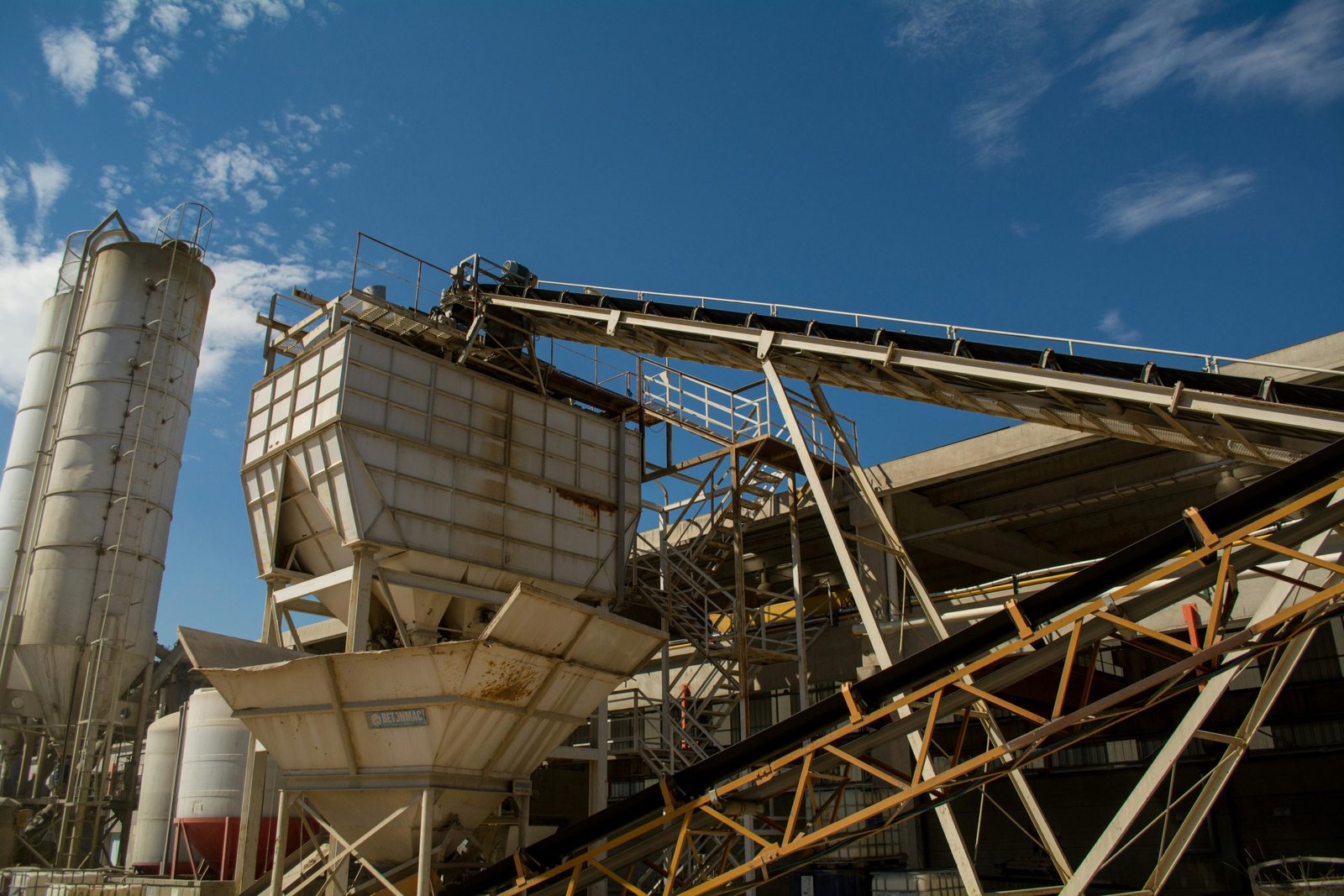Oil prices bounced back in early trading on Monday, buoyed by positive manufacturing data from China that raised hopes about future demand from the world’s largest crude importer. Brent crude rose by 0.7% to $83.47 per barrel, while U.S. West Texas Intermediate (WTI) crude climbed 0.8% to $80.33 per barrel.
For Nigeria, this price movement is significant, not just for government revenue, but also for the exchange rate of the naira, which stabilised around N1500/$ in February 2025 following months of volatility.
Why Oil Prices Matter for the Naira
Nigeria relies heavily on crude oil exports to generate foreign exchange. When oil prices rise, the country earns more dollars, boosting the Central Bank of Nigeria’s foreign reserves. This supports the CBN’s capacity to maintain improved liquidity in the official foreign exchange market, which played a critical role in the naira’s recent stabilisation at about N1500/$.
The latest oil price rebound follows data showing that China’s factory activity expanded at the fastest rate in 13 months in February, according to the Caixin/S&P Global manufacturing PMI, which climbed to 50.9. As China’s economic recovery picks up pace, analysts expect stronger energy demand, which typically supports higher oil prices.
For Nigeria, this strengthens the outlook for stable oil revenue in 2025, adding to the positive impact of improved oil production and exports over the past two quarters. Combined, these factors have underpinned the naira’s stabilisation, though economists warn that policy weaknesses could make the gains difficult to sustain in the longer term.
Potential Respite for the Naira
Higher oil prices could reinforce Nigeria’s recent recovery in external reserves, enhancing the CBN’s ability to provide foreign exchange liquidity. This was a key driver of the naira’s stabilisation at around N1500/$ in February — a level widely seen as a tentative sign that the worst of the exchange rate volatility may be over.
However, cautious optimism surrounds this stability. Analysts point to structural policy gaps, including inconsistencies in exchange rate management, fiscal pressures from ballooning debt service costs, and persistent reliance on imports, which could erode recent currency gains if not addressed.
Geopolitical Tensions and Supply Disruptions
In addition to the positive Chinese data, concerns over supply disruptions in the Middle East also contributed to the oil price recovery. Israeli airstrikes near Lebanon’s border and fears of wider regional conflict have raised the risk premium on oil. Any sustained rise in crude prices linked to geopolitical tension would further boost Nigeria’s foreign earnings, reinforcing the factors behind the naira’s stabilisation.
At the same time, Nigeria’s own production capacity has seen measurable improvement since late 2024. The resumption of key export terminals, reduced incidents of vandalism, and improved operational efficiency have enabled the country to export closer to its OPEC+ quota. This directly feeds into stronger dollar inflows, supporting the more stable exchange rate.
Balancing Optimism with Reality
The oil price rebound adds to a recently more positive outlook for the naira, but the broader context demands caution. While the N1500/$ rate represents a marked improvement from the chaotic swings seen in 2024, sustaining this stability requires policy discipline and a clear long-term strategy for diversifying forex inflows.
Nigeria’s foreign exchange outlook is still vulnerable to policy missteps. Uncertainty around the government’s fiscal reforms, slow progress on boosting non-oil exports, and concerns about capital controls could undermine the delicate balance that allowed the naira to find stability.
In summary, higher oil prices, improved production, and better reserves management have combined to stabilise the naira, but structural reforms are essential to making that stability durable. As the global oil market responds to evolving data from China and geopolitical hotspots, Nigeria will need to strengthen policy coherence to prevent renewed currency pressures in the months ahead.

